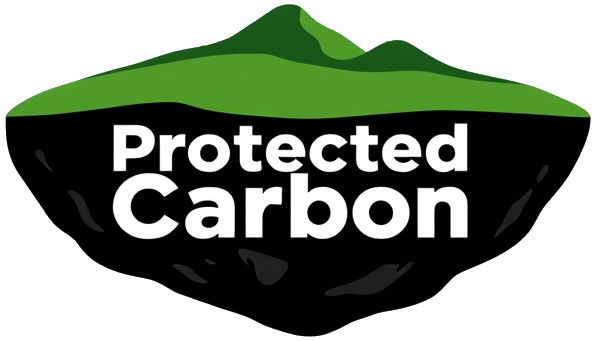- Oil & Gas
- Tsavo East
Protected Carbon in Kenya
Affected Areas
These protected areas in Kenya contain current or planned fossil fuel projects. Oil, gas, and coal extraction in protected areas harms their natural value while contributing to climate change.
- Fossil Fuel Type
- Affected Area
Extraction Data
This table shows a summary of potential emissions from fossil fuel extraction projects in protected areas in Kenya (including projects that are currently extracting, planned or idled).
- Fossil Fuel Type
- Fossil Fuel Quantity
- CO2 Quantity (MT CO2e)
- Oil & Gas
- 28.09 MMBOE
- 11.76
- Coal
- 0.00
- 0.00
- Combined
- 11.76
Deposits Data
This table shows a summary of potential emissions from fossil fuel deposits under protected areas in Kenya. Many of these are not yet the target of any industry activities and could more easily become part of a non-extraction policy.
- Fossil Fuel Type
- CO2 Quantity (MT CO2e)
- Oil & Gas
- 175.25
- Coal
- Data not available yet
- Combined
- 175.25
Early Warnings
This table shows untouched protected areas that have planned carbon extraction projects, along with their respective startup dates.
- Affected Area
- Startup Date
- Tsavo East
- 2080
Profiting Companies
- Fossil Fuel Type
- Profiting Company
- Oil & Gas
- Open acreage
Map
Sources
- Protected Areas: UNEP-WCMC and IUCN, Protected Planet: The World Database on Protected Areas. October 2023.
- Oil & gas extraction: Rystad Energy, U Cube Upstream Oil and Natural Gas Solution. October 2023.
- Coal extraction: Global Energy Monitor, Global Coal Mine Tracker. October 2023.
- CO2 equivalencies: Kühne, Kjell, Big numbers for bold activists: A quick method for estimating potential emissions of fossil fuel projects. Energy Research & Social Science, Volume 79, September 2021.
- Reserves & resources: German Federal Institute for Geosciences and Natural Resources (BGR), German and Global Energy Supplies. 2021.
Disclaimer
This page was created using the best data available. Despite this, errors and omissions are likely. Please contact our team with any errors or confirmation requests you may have. Further information on sources and methodology is available on our data page.
